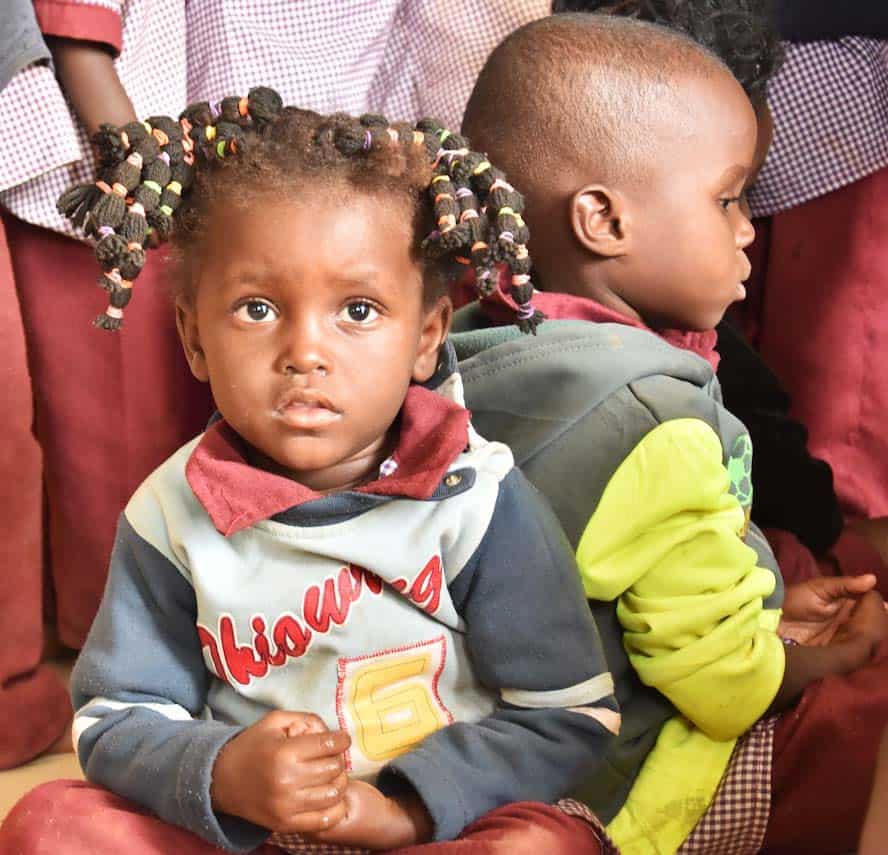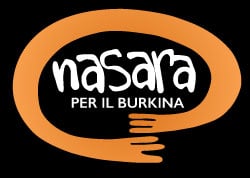Distance Support (SAD) is a form of solidarity that allows children and adults to receive education, food, and healthcare without having to leave their country of origin.
The benefits of this form of solidarity extend beyond the supported child and are transmitted to their family and the community in which the child lives.
The commitment to Distance Support is an act of sharing that requires a small, consistent effort in exchange for a significant result.
Distance support does not have a set duration and can continue until the child becomes an adult and is able to become self-sufficient.
However, it is possible to withdraw at any time, provided that notice is given to allow the child to be entrusted to another supporter.

It includes:
It includes:
To subscribe or renew a distance sponsorship, you need to:
The payments received are frequently checked, and from the moment they are received, the amount becomes available to the representatives in Burkina. Once a year, all sponsors will receive a letter containing information about the child they are supporting.
*All payments made to Nasara for Burkina enjoy tax benefits

Make a bank transfer to the institution
POSTE ITALIANE SPA, PIAZZA F.LLI ROSSELLI, 1 – GROSSETO
using the following IBAN:
IT58 M076 0114 3000 0007 4563 677
BIC: BPPIITRRXXX
addressed to “Nasara per il Burkina” with the payment reference “NEW ADOPTION” including the identifying details of the payer
(Full Name and complete address)
Make a payment via postal order to the
current account no.
74563677
addressed to “Nasara per il Burkina” with the payment reference
“NEW ADOPTION” including the identifying details of the payer
(Full Name and complete address)
Starting in November each year, the collection of annual fees begins.
Italian sponsors have the option to pay the annual fee either by making a payment at the post office or by making a bank transfer.
It may happen that a sponsor has difficulty paying the fee in a given year; in this case, the association still supports the child by drawing from the “adoption solidarity fund.” If this missed payment continues into the second year, the association reserves the right to assign the child to another sponsor.
Nasara operates on the principle that it wants to guarantee the educational cycle to all the children it has committed to, even if some Italian sponsors have not paid the annual fee. In fact, every year, unfortunately, a small portion of the sponsorships are not paid. Since the commitments made with the Burkinabè contacts, the families, and the students cannot be changed once the school year has begun, we decided to establish a fund that acts as an economic reserve to support the children who, through no fault of their own, are not being supported. This fund is replenished by taking a portion of the amounts collected for the sponsorships; each year it is accounted for and regularly included in the budget. This means that each child in Burkina receives an amount slightly lower than that paid in Italy, as the unpaid amount contributes to the “solidarity fund,” with the positive outcome that all children receive support each year regardless of the payments received. If in a given year the fund is not fully utilized, it is still allocated to projects related to education.
The funds collected each year, along with any necessary amounts drawn from the “adoption solidarity fund,” are entirely transferred to the representatives in Burkina Faso in January. These funds are then distributed in various forms to the families or the institutions responsible for their education.
Every year, we try to send at least one letter to each sponsor containing a photo and a small letter written by the child. Ensuring this shipment requires significant efforts from both the representatives and the families, who often live in villages in the savannah, as well as from the volunteers who must dedicate a lot of time to managing communications with both the representatives and the families.
The “work chain” (Burkinabè families -> representatives -> Italian volunteers) does not always produce the desired results. This means that in some cases, we may not be able to send any information. However, we want to assure you that even in these cases, the child is supported using the money provided by the sponsoring family in Italy, and we hope that the situation stabilizes the following year. We apologize in advance for these instances.
Sponsored children are supported because they come from disadvantaged situations, and the reasons why a child may not continue their studies can be varied. Sometimes, Burkinabè families do not understand the importance of education and may send the children to work even if they are only a few years away from completing their studies. There are also cases where families move to another village, taking the children out of the area where the representative operates. Additionally, there are not uncommon cases of serious illnesses that prevent the children from continuing their studies. In these and many other cases, communication between the representative and the family is interrupted and difficult to reestablish, so the association replaces the sponsored children and, if available, provides the reasons for the change to the sponsors in Italy.
There are a total of 12 representatives, each with an average of 30-40 children.
The representatives are the connection point between the association and the local realities: neighborhoods, villages, entities. They always personally know the families of the sponsored children and often follow their educational progress. They ensure their lists are synchronized with ours, receive the sponsorship funds, and distribute them in the best way according to the needs.
Usually, the sponsorship ends because the goal has been achieved. In some cases, for particularly gifted and dedicated students, the association takes the initiative to propose to the sponsoring families to continue the support for university studies as well. In these cases, and only if the sponsoring family wishes, the sponsorship continues until graduation. In 2008, we celebrated the first medical degree earned by a girl who started her education in primary school with Nasara.
The areas of intervention for sponsorships are: Ouagadougou, Koupela, Baskoure, Kaya, Tougoury, Dorì, Nanorò.
They must promptly communicate this decision via email or phone so that the association can assign the child to another sponsor, thereby ensuring another year of education.
A sponsorship should serve to help a child complete a cycle of education and would therefore be a multi-year commitment. If that is too demanding, you can choose to support the association in another way by sponsoring a project instead of a child. On these pages, you can see the open projects.
You can send an email to adozioni@nasaraperilburkina.org
or

Nasara per il Burkina – ONLUS
via Trieste, 18
58014 Manciano (GR)